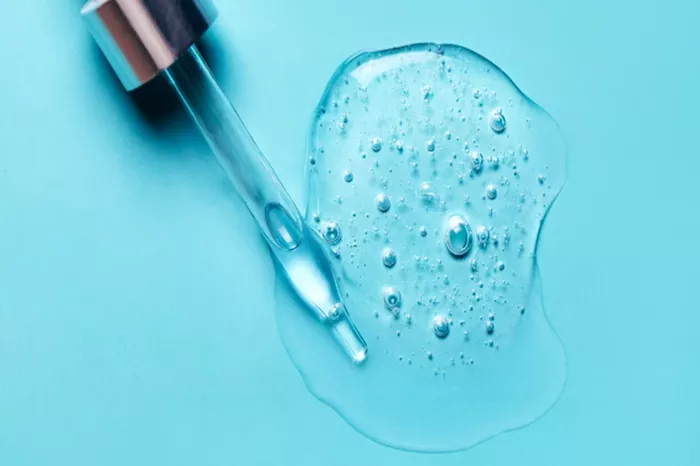Hypochlorous acid (HOCl) is rapidly becoming a transformative ingredient in skincare and hygiene, thanks to its remarkable antimicrobial properties. Produced naturally by the body’s immune system, HOCl is emerging as a safe and effective disinfectant that is both gentle on the skin and potent against bacteria, viruses, and fungi. This makes it an ideal component for a range of applications including acne treatment, body odour control, and wound healing.
The growing demand for clean, skin-friendly products has propelled hypochlorous acid to prominence. Its ability to disinfect without irritation is revolutionizing both personal care products and medical practices. Dr. Minal Mansingh highlights that the rise of HOCl represents a significant shift towards safer, more effective solutions in the personal care and healthcare industries.
Applications in Skincare and Personal Care
Acne Treatment: Hypochlorous acid effectively combats acne-causing bacteria such as Propionibacterium acnes. Its antimicrobial properties help reduce inflammation and prevent new acne lesions without irritating the skin. It is commonly found in sprays, cleansers, and topical treatments designed for acne.
Body Odour Control: Body odour results from bacteria breaking down sweat. Hypochlorous acid addresses this issue by eliminating the bacteria responsible, offering a gentle solution for deodorants and body sprays.
Safety and Benefits
Gentle and Non-Irritating: Unlike many harsh chemical disinfectants, hypochlorous acid is non-toxic and gentle on the skin, making it suitable for sensitive skin.
Wound Healing: In addition to its uses for acne and body odour, hypochlorous acid is employed in wound care due to its ability to reduce infection and promote healing.
Convenience: Many products containing hypochlorous acid do not require rinsing, enhancing their convenience for on-the-go use.
Overall, hypochlorous acid is proving to be a versatile ingredient, offering effective disinfection and antimicrobial benefits while remaining safe for everyday use. Its integration into both personal care and medical products underscores its growing importance in modern skincare and hygiene solutions.
Related topic:
What is the best treatment for acne scars and wrinkles?
8 Ways to Treat Acne Under Eyes
Can microdermabrasion remove acne scars?


